In the rapidly evolving landscape of DevOps, artificial intelligence (AI) tools are increasingly becoming indispensable for enhancing efficiency, automating processes, and optimizing workflows. Here, we delve into the top AI tools for DevOps that are revolutionizing software development and deployment practices.
As DevOps continues to gain traction in the tech industry, the integration of AI technologies has become essential for streamlining operations and driving innovation. These AI tools empower DevOps teams to automate tasks, identify bottlenecks, and improve overall system performance. Let’s explore the leading AI tools that are reshaping the DevOps landscape.
CodeGuru
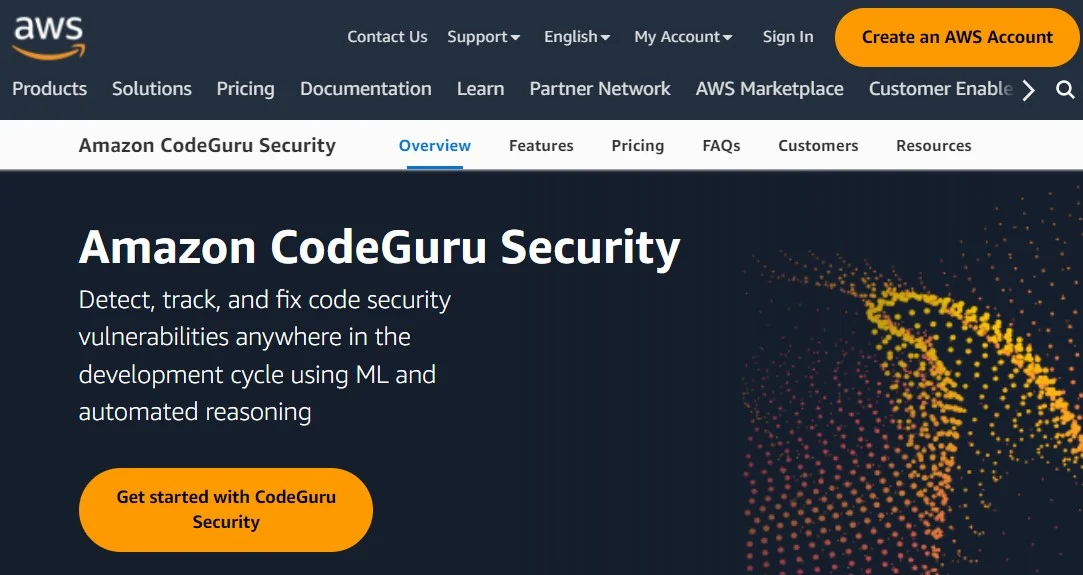
Amazon CodeGuru is an AI-powered developer tool designed to improve code quality and application performance. It provides intelligent recommendations for optimizing code, identifying critical issues, and improving resource utilization.
Key Features and Capabilities:
- Automated code reviews and performance profiling.
- Integration with popular IDEs for seamless workflow integration.
- Real-time alerts for performance regressions and security vulnerabilities.
Real-world Use Cases or Examples:
CodeGuru helps DevOps teams enhance application reliability, reduce infrastructure costs, and accelerate time-to-market by automatically identifying and addressing code inefficiencies.
Datadog
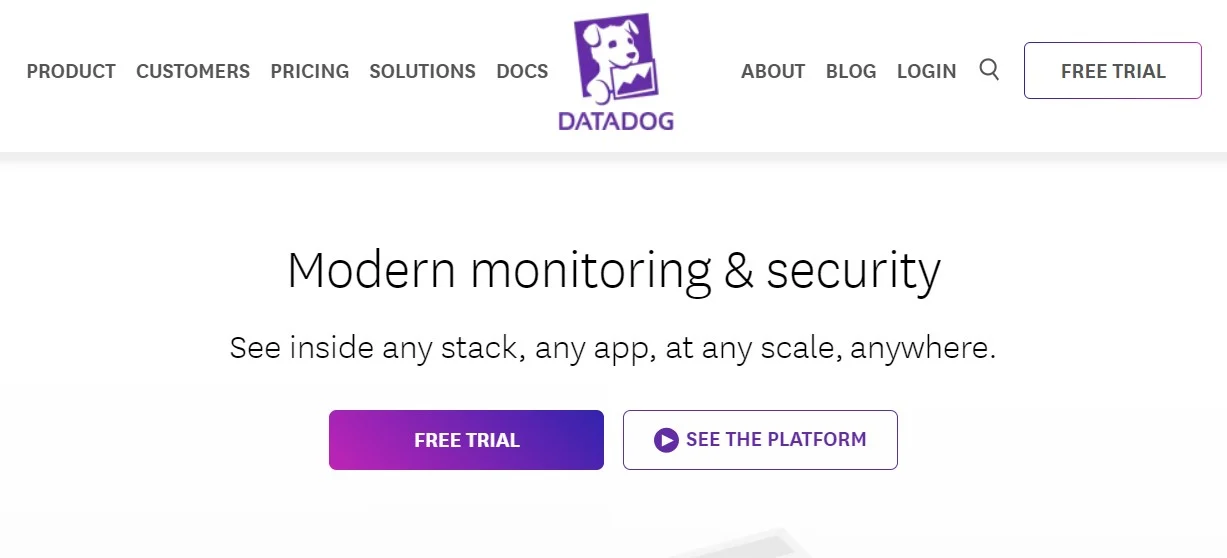
Datadog is a cloud monitoring and analytics platform that leverages AI to provide insights into application performance, infrastructure monitoring, and log management. It offers comprehensive observability solutions for modern cloud environments.
Key Features and Capabilities:
- End-to-end visibility into application performance and user experience.
- AI-driven anomaly detection and predictive analytics.
- Seamless integration with popular DevOps tools and services.
Real-world Use Cases or Examples:
Datadog enables DevOps teams to proactively identify and resolve issues, optimize resource allocation, and improve overall system reliability, leading to enhanced operational efficiency and customer satisfaction.
Sysdig
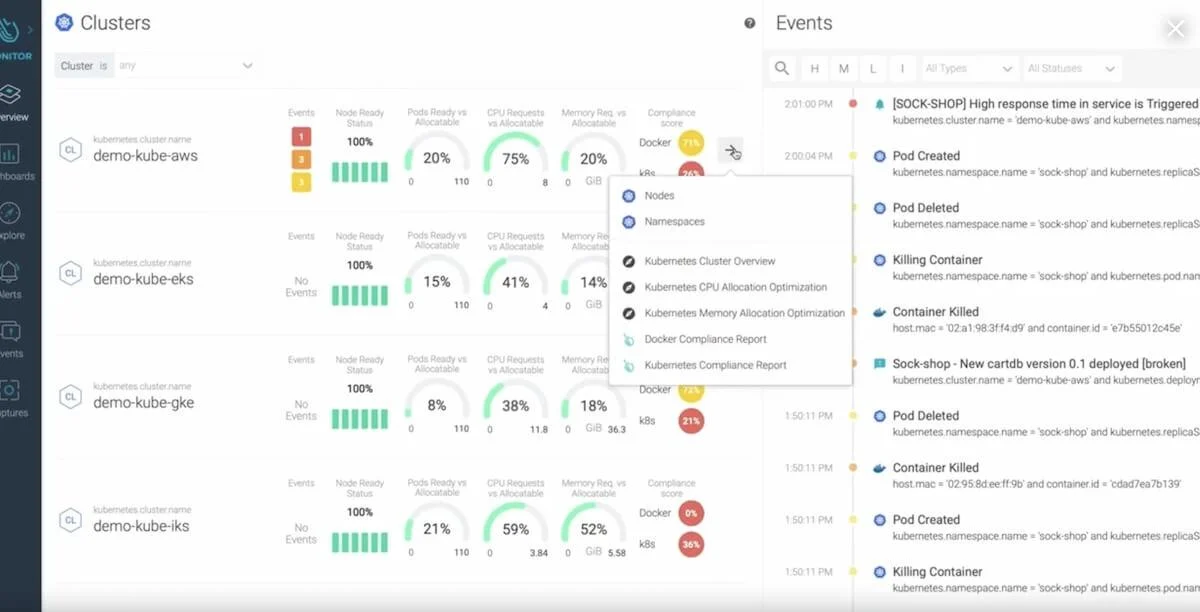
Sysdig is a container security and monitoring platform that utilizes AI and machine learning to provide real-time visibility and threat detection in cloud-native environments. It offers comprehensive security solutions for Kubernetes and Docker environments.
Key Features and Capabilities:
- Deep container visibility and runtime security monitoring.
- AI-driven anomaly detection and behavior analysis.
- Compliance monitoring and audit trail capabilities.
Real-world Use Cases or Examples:
Sysdig helps DevOps teams secure containerized applications, detect and mitigate security threats, and ensure compliance with industry regulations, thereby safeguarding sensitive data and protecting against cyber threats.
PagerDuty
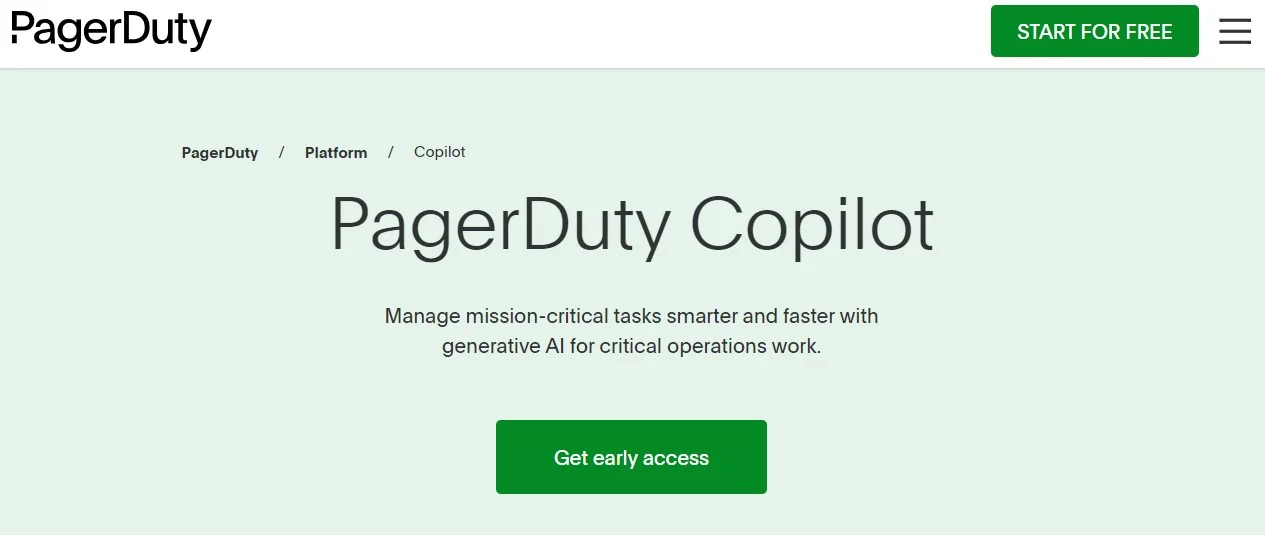
PagerDuty is a digital operations management platform that leverages AI to orchestrate incident response and streamline incident resolution processes. It provides real-time alerts, on-call scheduling, and automated incident routing for DevOps teams.
Key Features and Capabilities:
- AI-driven incident classification and prioritization.
- Intelligent alert grouping and deduplication.
- Integration with monitoring and collaboration tools.
Real-world Use Cases or Examples:
PagerDuty enables DevOps teams to effectively manage incidents, minimize downtime, and maintain service reliability by automating incident response workflows and facilitating collaboration across teams.
Snyk
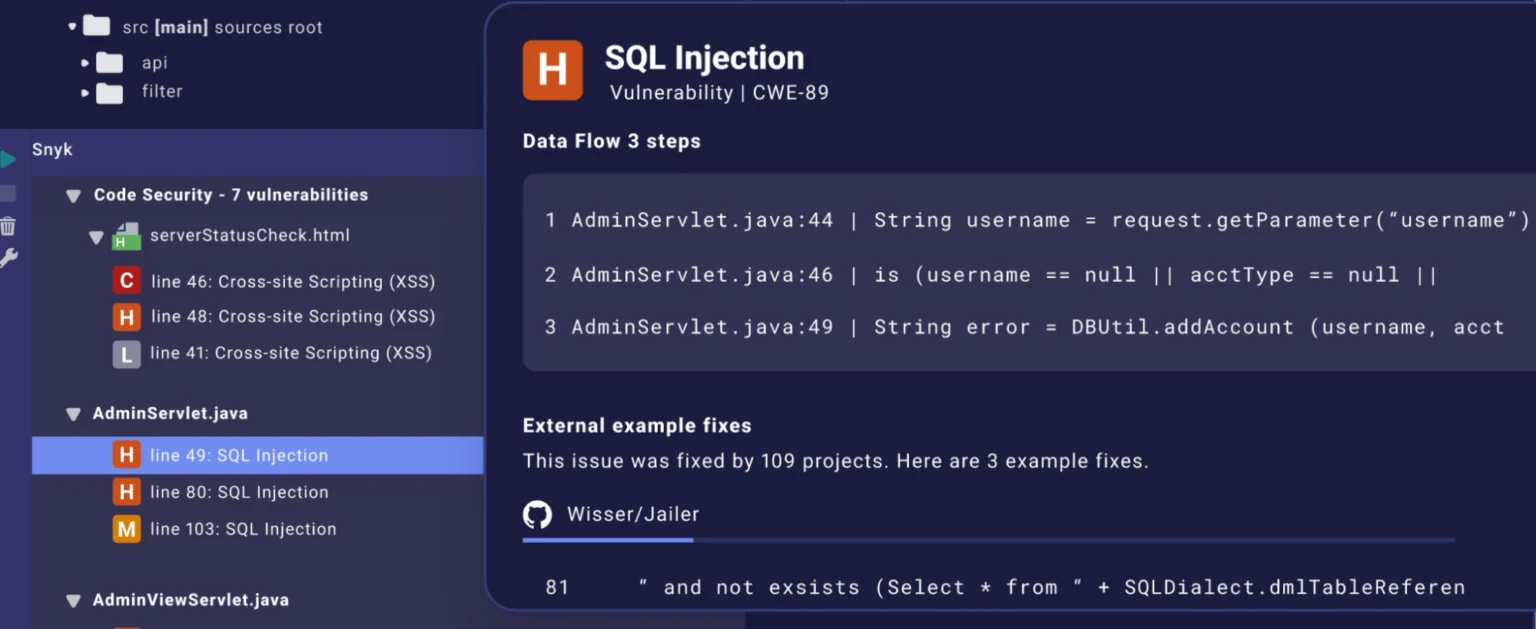
Snyk is a developer-first security platform that uses AI to identify and remediate vulnerabilities in open-source dependencies. It integrates with CI/CD pipelines to provide automated security testing and vulnerability management for DevOps workflows.
Key Features and Capabilities:
- AI-driven vulnerability detection and prioritization.
- Automated fix recommendations and dependency patching.
- Seamless integration with DevOps tools and workflows.
Real-world Use Cases or Examples:
Snyk helps DevOps teams identify and fix security vulnerabilities early in the development lifecycle, ensuring the security and integrity of software applications and minimizing the risk of data breaches.
Harness
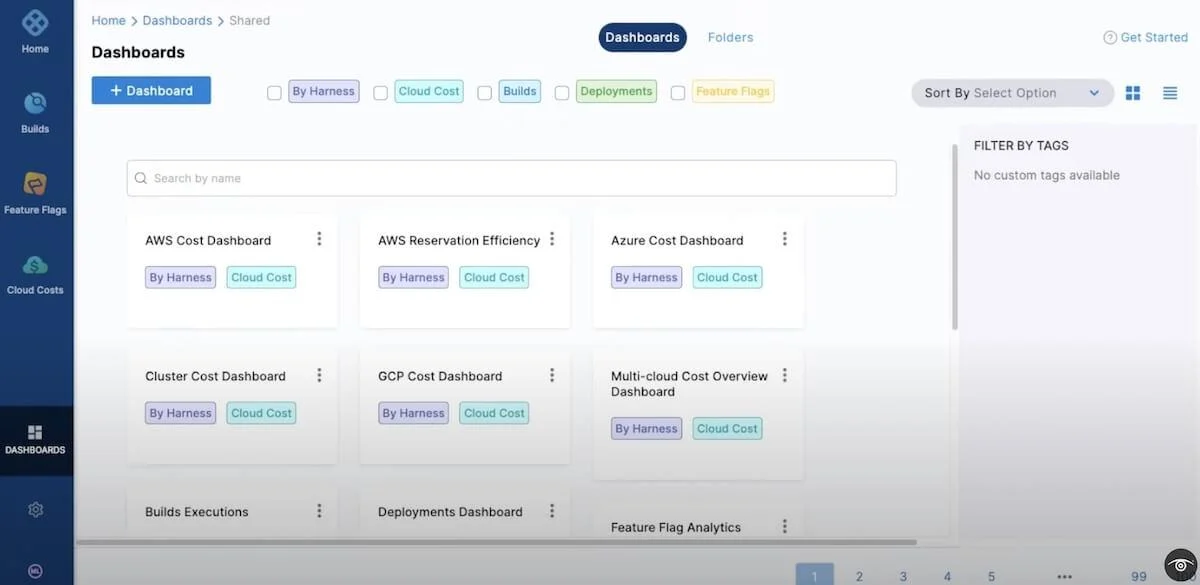
Harness is a continuous delivery platform that utilizes AI to automate software delivery pipelines and streamline release management processes. It provides intelligent release orchestration, deployment automation, and predictive analytics for DevOps teams.
Key Features and Capabilities:
- AI-driven continuous verification and risk assessment.
- Automated rollback and remediation capabilities.
- Integration with CI/CD tools and cloud platforms.
Real-world Use Cases or Examples:
Harness enables DevOps teams to accelerate software delivery, reduce deployment failures, and improve release quality by automating testing, validation, and deployment processes across heterogeneous environments.
Atlassian Intelligence
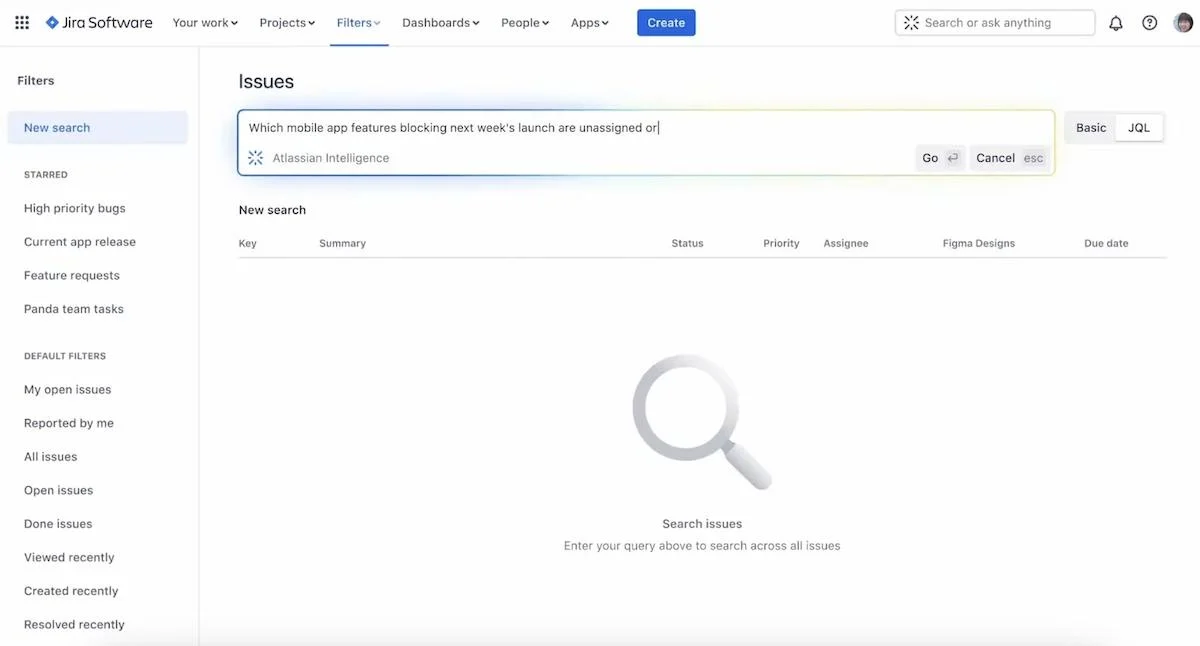
Atlassian Intelligence is a suite of AI-powered features and capabilities embedded within Atlassian’s software development and collaboration tools, such as Jira and Bitbucket. It provides intelligent insights, recommendations, and automation to enhance team productivity and efficiency.
Key Features and Capabilities:
- AI-driven project management and issue prioritization.
- Automated code review and pull request suggestions.
- Predictive analytics for resource planning and task estimation.
Real-world Use Cases or Examples:
Atlassian Intelligence helps DevOps teams streamline development workflows, improve collaboration, and deliver high-quality software products by leveraging AI-driven insights and automation capabilities.
Kubiya
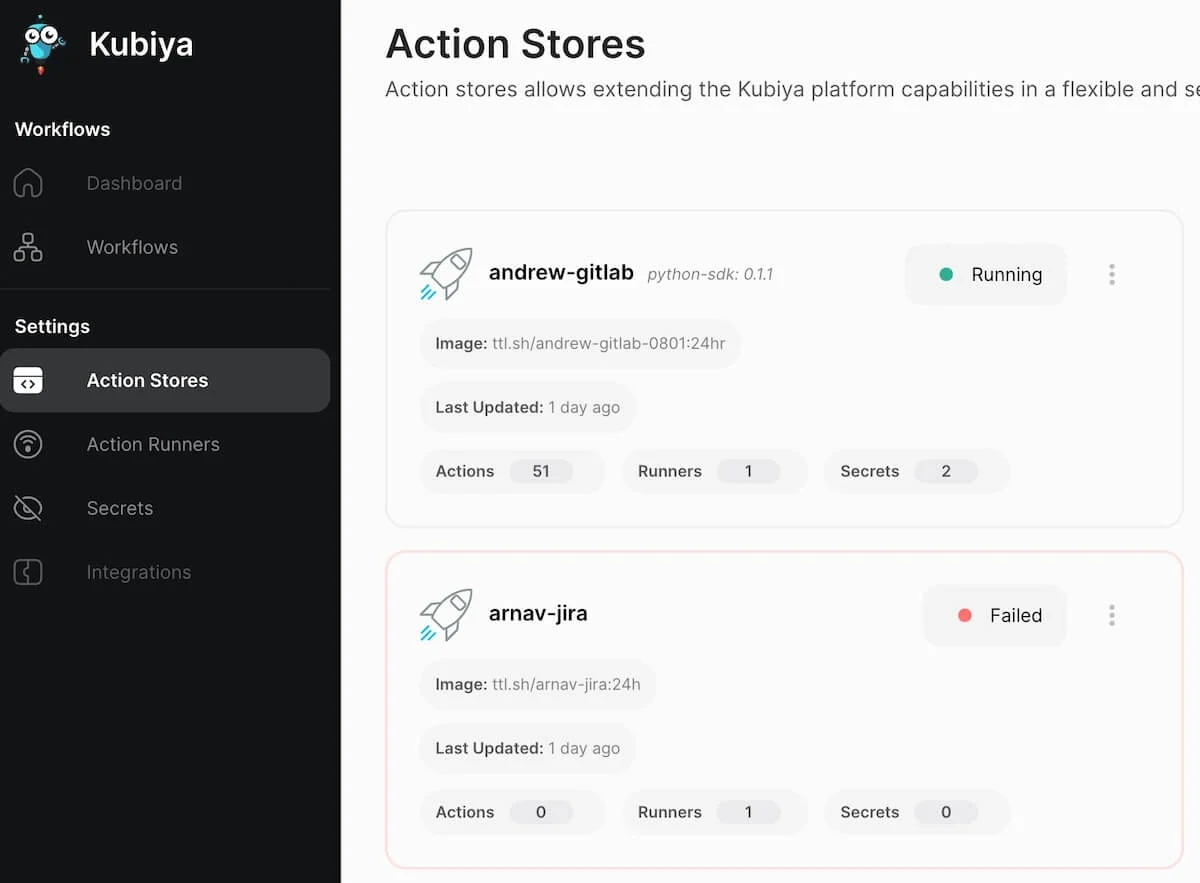
Kubiya is an AI-powered DevOps platform that offers intelligent automation, collaboration, and analytics capabilities for software development and deployment. It provides end-to-end visibility and control over the DevOps lifecycle.
Key Features and Capabilities:
- AI-driven predictive analytics and anomaly detection.
- Automated release management and deployment orchestration.
- Collaboration tools for cross-functional teams.
Real-world Use Cases or Examples:
Kubiya empowers DevOps teams to streamline development processes, improve deployment efficiency, and optimize resource utilization by leveraging AI-driven insights and automation capabilities.
Dynatrace
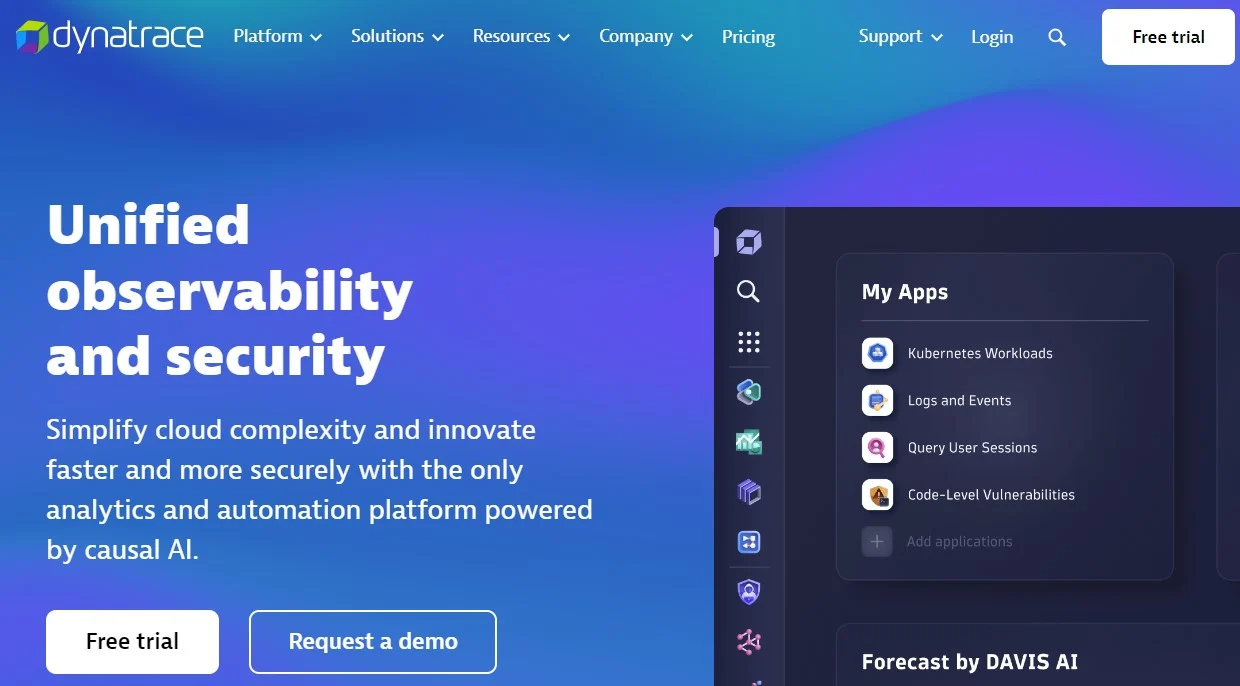
Dynatrace is an AI-powered observability platform that offers full-stack monitoring, AIOps, and application performance management (APM) capabilities for cloud-native environments. It provides real-time insights and automated problem detection and resolution.
Key Features and Capabilities:
- AI-driven root cause analysis and anomaly detection.
- Automatic dependency mapping and discovery.
- Continuous optimization and self-healing capabilities.
Real-world Use Cases or Examples:
Dynatrace helps DevOps teams optimize application performance, troubleshoot issues, and ensure the reliability and scalability of cloud-native applications by leveraging AI-driven observability and automation capabilities.
ClickUp
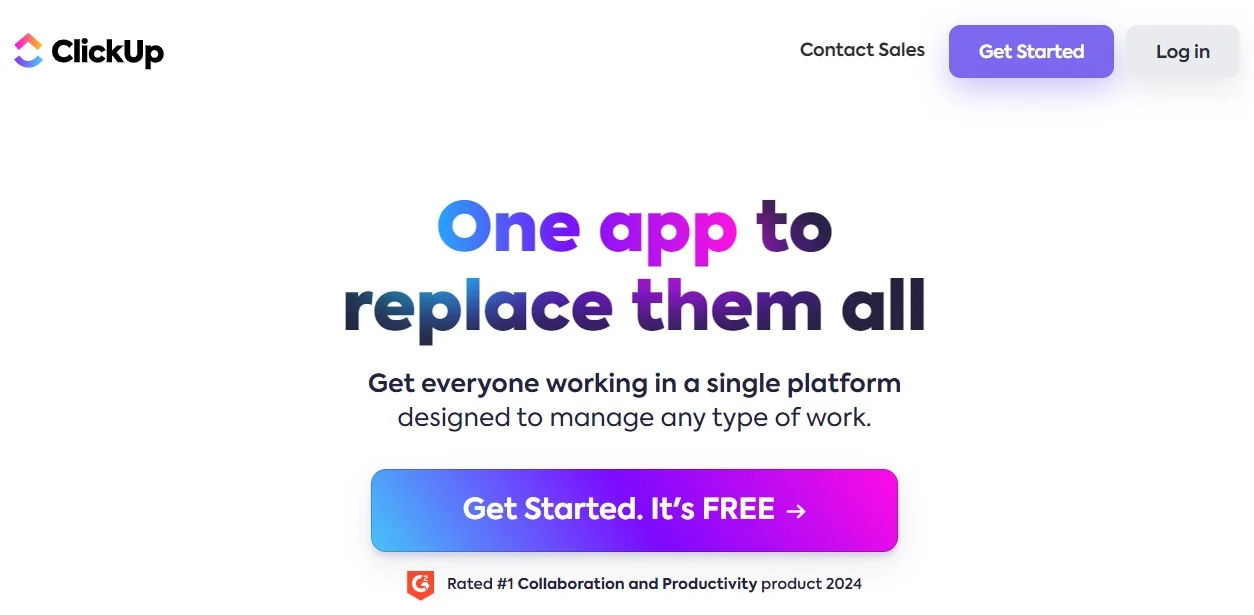
ClickUp is an all-in-one project management platform that incorporates AI-driven automation, collaboration, and productivity tools for DevOps teams. It offers customizable workflows, task automation, and predictive analytics for streamlined project management.
Key Features and Capabilities:
- AI-powered task prioritization and scheduling.
- Automated workflow optimization and resource allocation.
- Real-time collaboration and communication tools.
Real-world Use Cases or Examples:
DevOps teams can use ClickUp to plan and execute Agile projects, with features like sprints, epics, and user stories, facilitating iterative development and continuous delivery.
Conclusion
In conclusion, the integration of AI tools in DevOps practices has revolutionized software development, deployment, and operations, enabling teams to achieve greater efficiency, reliability, and innovation in their processes. By leveraging these top 10 AI tools for DevOps, organizations can streamline workflows, enhance collaboration, and deliver high-quality software solutions that meet the demands of today’s dynamic digital landscape. Embracing AI in DevOps not only accelerates development cycles but also fosters a culture of continuous improvement and excellence in software delivery.
